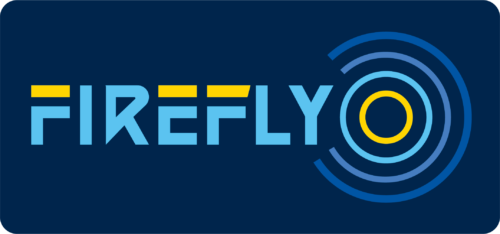The FIREFLY project (PI Mélanie Rochoux) has been funded in 2022 by the “Agence Nationale de la Recherche” under the early-career scientist program, and lasts four years from September 2023 to September 2027. The reference of the FIREFLY project is ANR-22-CE04-0008.
Monitoring wildfire behavior has recently emerged as a key public policy issue due to the occurrence of extreme events, in particular in the Euro-Mediterranean area that is exposed to more frequent and more severe wildfires under climate change. Key to this monitoring is the development of an event-scale numerical simulation capability as a means to understand and predict the interactions between the atmosphere and the wildfire that drive its behavior.
FIREFLY tackles this challenge by designing and evaluating a unique wildland fire reanalysis capability, which combines information coming from a coupled atmosphere/fire model and from airborne thermal infrared images in order to reconstruct as best as possible wildland fire progression. The key idea in FIREFLY is to design a novel data assimilation approach able to reduce fire front and plume uncertainties in the ensemble simulations by taking advantage of available observations. FIREFLY builds up on the Meso-NH/BLAZE coupled model, which will be extended to fire simulation in forest environment. A sensitivity analysis will be performed to spot the most influential fuel parameters to infer through the data assimilation process. A front shape similarity measure along with novel shape-based statistics will be a fundamental aspect to adequately measure the discrepancies between observed and simulated fire front positions. Test cases of increasing complexity, from experimental fires to actual wildfires, will be considered to assess the data assimilation performance.
This project will bring a paradigm shift in the way we anticipate wildfire behavior, in particular fire-induced atmospheric processes possibly exacerbated under climate change.

